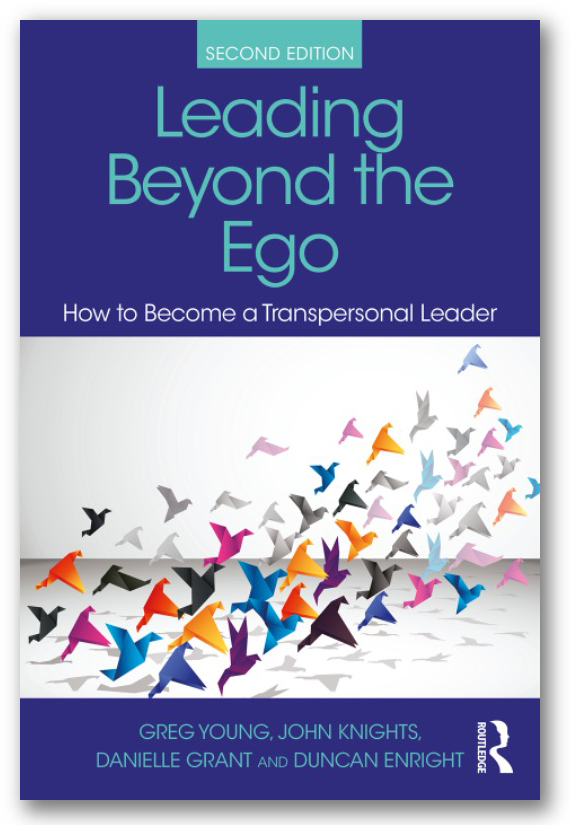Clinical Leadership Development Programme
You have been terrific with your programme. It has helped me to find out more about myself, my colleagues, our Institution and the direction we need to take. Plenty of work, and we are at the bottom of Everest… You offer something very special, and I hope you will continue.‘ Unsolicited email from a senior clinician.
LeaderShape was appointed in 2010 to deliver a programme of leadership development for six newly appointed Divisional Directors and 15 Clinical Directors. Influence, behaviour, confidence, technical skills and knowledge – these were the touchstones and concerns that emerged, as discussions began about how to turn these diverse and very experienced individuals into a coherent team.
LeaderShape recognised that our approach would need adaptation to the clinical audience. In particular it was anticipated that senior and experienced doctors, many of whom are global figures in their fields clinically and academically, would require a programme which was fast paced, appropriately pitched intellectually and immediately relevant. We found that:
- Doctors need to see early value in activities
- Concepts were grasped quickly with material being presented with style and pace
- Some participants were not natural reflectors and needed firm leadership to participate; once they did so, the vast majority appreciated the value of learning from each other and hearing all voices
- Most participants were initially sceptical about the value of MBTI but enjoyed the process and found it gave them insights into themselves and others
- Some were not initially comfortable with coaching but most did enjoy the opportunity to reflect on challenges they were facing.
Hot Topics: flexing the programme
When the programme had been established, an early issue arose regarding specific and common concerns for almost all senior personnel in their new roles. These included: tackling difficult conversations, dealing with colleagues’ behaviour or resistance to change, addressing colleagues’ performance, challenges around job planning and appraisal, managing an avalanche of e-mails, prioritising demands and personal confidence in areas outside their professional comfort zone.
LeaderShape adapted a flexible approach to the programme, to facilitate team approaches and allow group work to find solutions. These were often more informal (sometimes working over lunch.) The overwhelming majority of the participants appreciated Hot Topic sessions and several commented that they provided an opportunity for all voices to be heard and avoided discussions being dominated by one or two individuals with strong opinions.
Client Profile:
The new Trust was developing a strategic planning processes and establishing new governance structures to avoid duplication and support organisational change. Participants in the programme ranged from highly experienced leaders towards the ends of their careers with significant management experience and, at the other end of the spectrum, individuals in their first major leadership post and with limited management experience outside the clinical leadership within their specialty.
Method:
The programme ran from September 2010 through to early April 2011 and consisted of the following main strands:
- All individuals
- completion of a Myers Briggs Type Indicator questionnaire and one hour feedback session with a facilitator
- four sessions with a coach spread over 6 months
- an appraisal on leadership competency using best practice in 360-feedback to generate a report and action plan - For Divisional Directors, a two-day introductory workshop
- For Clinical Directors, a one-day introductory workshop
- For all clinical leaders, seven full day workshops
- Supporting materials including reading lists, workshop handouts, preparatory exercises, workbooks and follow-up reference materials.
The workshops consisted primarily of facilitated discussions, team coaching and group work to promote learning and development through personal and shared insights. There was limited formal teaching. Knowledge was primarily acquired through the preparatory reading and exercises, allowing the maximum time for the group to learn together. Corporate directors and other senior managers were involved in preparing and presenting all the technical workshops and in leading discussions.
MBTI was completed prior to the first workshop and coaching sessions spread across the programme. The 360-degree appraisal was mostly conducted towards the end of the programme.
Results following the programme:
- A working vision and understanding of shared values
- Individuals who previously did not know each other are now used to supporting and challenging one another, coming to a consensus and taking initiative jointly
- The beginnings of greater trust and understanding between corporate and clinical leaders
- Realisation of scope and scale of clinical leadership roles
- Exploration of key issues such as job planning and appraisal of medical staff
- Acquisition of coaching skills.
At the end of the programme 94% of participants agreed or strongly agreed they were confident they had the leadership skills to perform well.
80% felt that participation in the programme had increased their self-awareness and nearly 95% that it had extended their range of leadership styles.
Nearly 90% felt that it had helped them to change their own behaviour and 70% felt it had improved their ability to influence others and helped them tackle difficult conversations.
Nearly 90% felt it had deepened their understanding of the leader’s role and over 80% that it had increased their effectiveness.
95% felt it had helped them to think about the development needs of their own team.

